Cheap Home Insurance Quotes
Looking for affordable home insurance? Get a quote today and save! Compare rates from top providers to find the best coverage that fits your needs and budget. With options like bundling, higher deductibles, and security system discounts, you can reduce your premiums without sacrificing quality.
Choose the right coverage from trusted insurance providers.

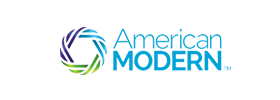
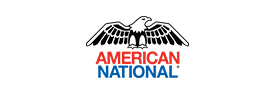
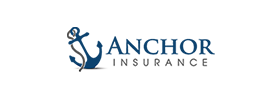
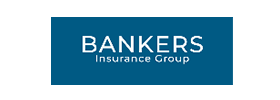
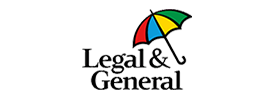
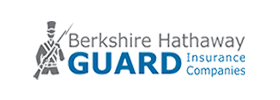









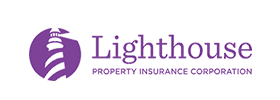
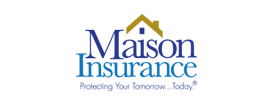
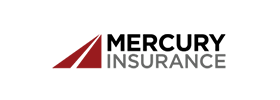

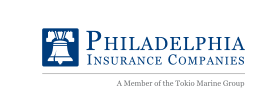
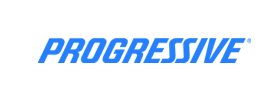
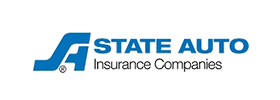
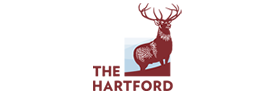



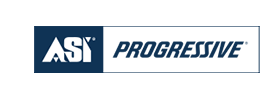
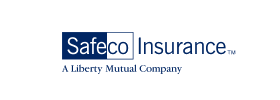
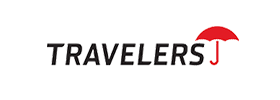
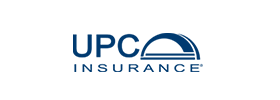
Get a Quote for Affordable Home Insurance Today!

When I was first looking for homeowners insurance, I had no idea how much unfortunate events like theft, fire, or even a flood could affect my family. That’s when I came across Eagle Nation Insurance. What caught my attention were their competitive rates and the convenient ways to shop for Cheap home insurance. I got a homeowners insurance quote just by calling (855) 669-6800, and the process was quicker than I expected. I even visited one of their offices located in the U.S. to talk to their licensed insurance experts face-to-face.
They walked me through different policy options to protect both my home and personal property. I was able to compare homeowners insurance costs from multiple homeowners insurance companies, which helped me find the best fit for my needs and budget. Their plan gave me the coverage I needed and acted as a true safety net. Whether you’re looking for a low-cost plan or more extensive coverage, Eagle Nation makes sure you’re not left guessing when it comes to your home’s security.
How Much Can I Save with Home Insurance?
When I started comparing policies with Eagle Nation Insurance, I realized how many smart ways there are to cut down on my homeowners insurance costs without sacrificing quality. For example, by bundling my home and auto insurance, I saw a noticeable drop in my premiums. I also went with a higher deductible, which meant the insurance company lowered my rate since I took on more risk myself.
One of the most surprising savings came from adding a home security system. It turns out, many providers give discounts just for having monitored safety and security devices installed. Lastly, to reduce administrative costs, I opted to pay my premium annually and set up autopay, both of which made a difference in my final policy amount. Talk to your insurance agent and explore these options to make your Cheap home insurance more affordable and effective.
What is the Average Cost of Homeowners’ Insurance?
The average cost of Cheap home insurance has seen an increase over recent years. In 2021, the national average was $1,312 annually for a coverage amount of $250,000. By 2023, that number rose to $1,820 based on $300,000 in dwelling coverage. Like most types of insurance, the actual price you’ll pay depends on several key factors.
Where your home is located (your home state), its market value, and its composition (the materials used in construction) all impact your final premium. I’ve learned from experience that choosing building materials designed to withstand disastrous events can not only add safety but also help lower your insurance costs in the long run.
What Type of Home Insurance Do I Need?
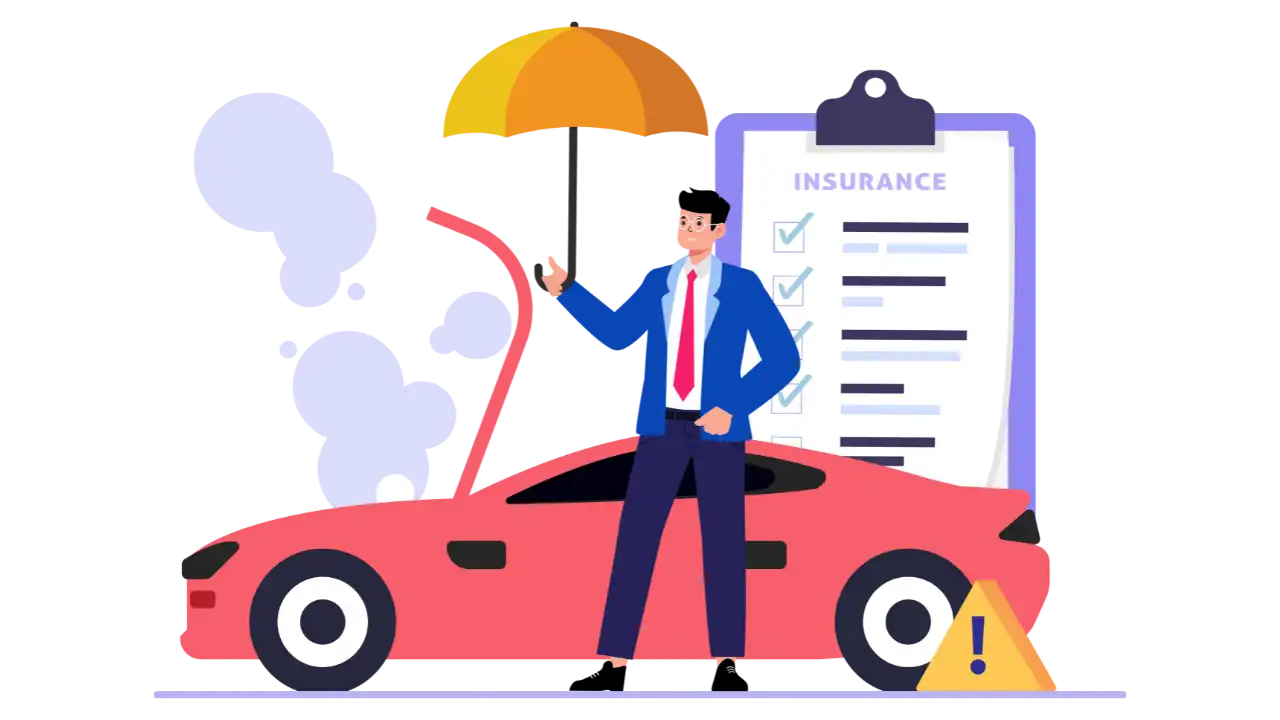
When it comes to Cheap home insurance, there are various types of policies available, each designed to cater to different needs. The two most common types are named perils and open perils. A named perils policy covers only the risks specifically listed in the policy, such as fire or lightning.
In contrast, an open perils policy provides broader coverage, protecting against every type of damage unless it’s specifically excluded, like damage caused by a hailstorm if not listed as an exclusion. The most widely sold policy in the U.S. is HO-3, which covers all perils unless they are explicitly excluded from the policy.
However, some types of damage, like earthquakes or flooding, are often excluded from coverage in an HO-3 policy. For those living in flood-prone areas, purchasing flood insurance through the government is strongly recommended.
Key Points:
- Named perils policies cover specific risks like fire or lightning.
- Open perils policies cover all risks unless explicitly excluded, such as hailstorm damage if not listed as an exclusion.
- The HO-3 policy is the most common in the U.S., covering all risks unless specifically excluded.
- Earthquakes and flooding are often excluded in an HO-3 policy.
- If you live in a flood-prone area, you may need to buy flood insurance through the government.
8 Types of Home Insurance
- HO-1: The HO-1 is the most basic and affordable option. It typically pays the actual cash value of the house, minus depreciation, and does not cover personal property.
- HO-2: Slightly broader than HO-1, the HO-2 covers more perils and includes personal property at actual cash value (value minus depreciation), as well as liability and loss of use.
- HO-3: The HO-3 is the most popular type of insurance, covering all perils unless explicitly listed as exclusions. It also covers personal belongings, liability, and loss of use.
- HO-4: Designed for renters, the HO-4 covers personal property within the rented space or storage unit, similar to HO-3, but does not cover the structure itself.
- HO-5: The HO-5 is more comprehensive than HO-3, paying for replacement costs rather than the actual cash value, meaning you get the cost of a brand new item rather than its depreciated value.
- HO-6: HO-6 is tailored for condo owners, covering damage to renovations, walls, floors, ceilings, personal property, loss of use, and liability.
- HO-7: HO-7 is meant for mobile or manufactured homes and provides coverage similar to HO-3, protecting against all perils unless specifically excluded.
- HO-8: The HO-8 policy is designed for older homes (typically over 40 years old) that may be more expensive to rebuild than their market value. This policy addresses the higher cost to rebuild in case of total loss.
Ways to Save Money on Your Home Insurance
Saving money on your Cheap home insurance is always a good feeling, and there are several ways you can reduce costs without sacrificing the coverage you need. Here’s how:
Shop and Compare Multiple Insurance Companies
Take some time to shop around and compare quotes from different insurance companies. While it may feel easier to stay with your current carrier, you might find better coverage options at a lower rate. Don’t settle for the first option; exploring multiple companies can help you make an informed decision.
Consider Bundling with Other Insurance Products
If you already have other insurance policies like auto insurance, consider bundling them with your Cheap home insurance. This could lead to discounts and a better rate. Not only does this show loyalty to your insurer, but paying your premium upfront can also help you save by reducing administrative fees and ensuring you stay with the same company throughout the year.
Two ways to start your coverage

Quotes online

Talk to an agent
Verified business insurance reviews
Hear from customers like you who purchased insurance.
FAQ’s About Home Insurance
Homeowners' insurance is a type of property insurance that helps protect your house and personal property against losses or damages. It also provides liability coverage in case someone is injured on your property. Homeowners' insurance helps cover repair or replacement costs for your home, pays your mortgage if your home is destroyed, and protects you against potential lawsuits if someone is injured.
Typical homeowners' insurance plans cover damage and losses resulting from:
- Fire
- Smoke
- Lightning strikes
- Windstorms
- Hail
- Vandalism
- Explosion
- Theft/Burglary
- Falling objects
- Weight of ice/snow/sleet
- Damage from vehicles or aircraft
Make sure to confirm with your insurance provider the specific coverage your plan offers.
The cost of homeowners' insurance varies based on factors like the value of your property, local crime rates, and the state you live in. On average, the cost in the U.S. ranges from $400 to $1,500 annually. Additional coverage or a high-value property can raise this cost.
Some events are typically excluded, such as:
- Earthquakes
- Flooding
- Maintenance issues
- Pest infestations
- Mold
- Sewer backup
- Pets
- War
Nuclear hazards
If you need coverage for these, consider purchasing special coverage like flood insurance.
An inventory of your possessions helps speed up the claims process if items are lost, damaged, or stolen. It includes keeping records of your personal property, photos, and receipts.
Items stolen from your vehicle are usually covered under homeowners' insurance. However, the actual theft of the car or boat would not be covered and would need auto insurance or watercraft insurance.
Homeowners' insurance generally covers water damage caused by accidental events like a burst pipe. However, flooding is not covered, and you need a separate flood insurance policy to protect against that risk.
Yes, there are certain conditions under which an insurance company can cancel a policy, such as:
- Nonpayment of premiums
- Fraud or misrepresentation
- Physical changes to the property that increase risk, like leaving the home vacant
Activities that increase the risk of damage, like failing to repair a gas leak

Eagle Nation made home insurance so easy! I got a great quote quickly, and their team helped me find a plan that fit my budget perfectly.